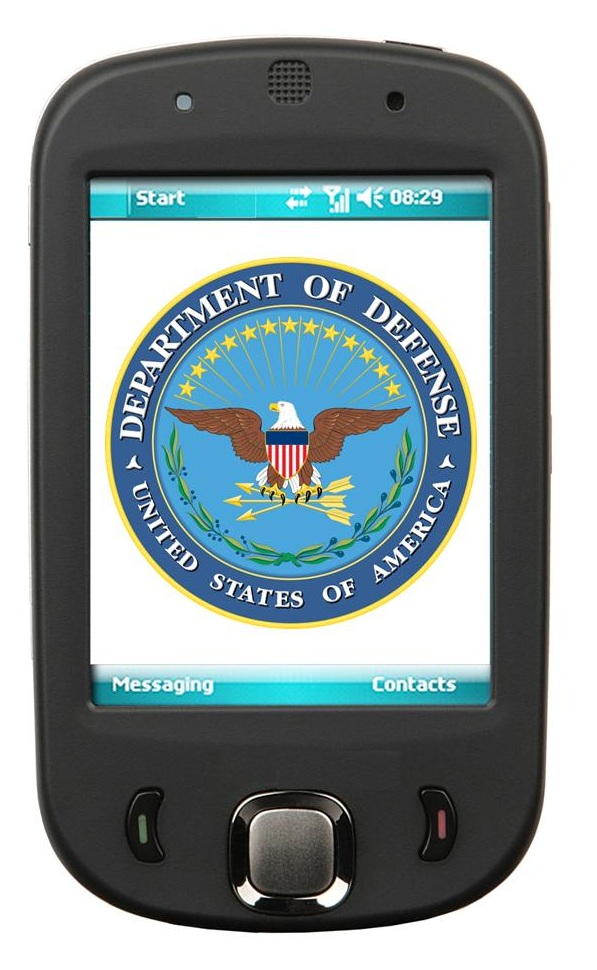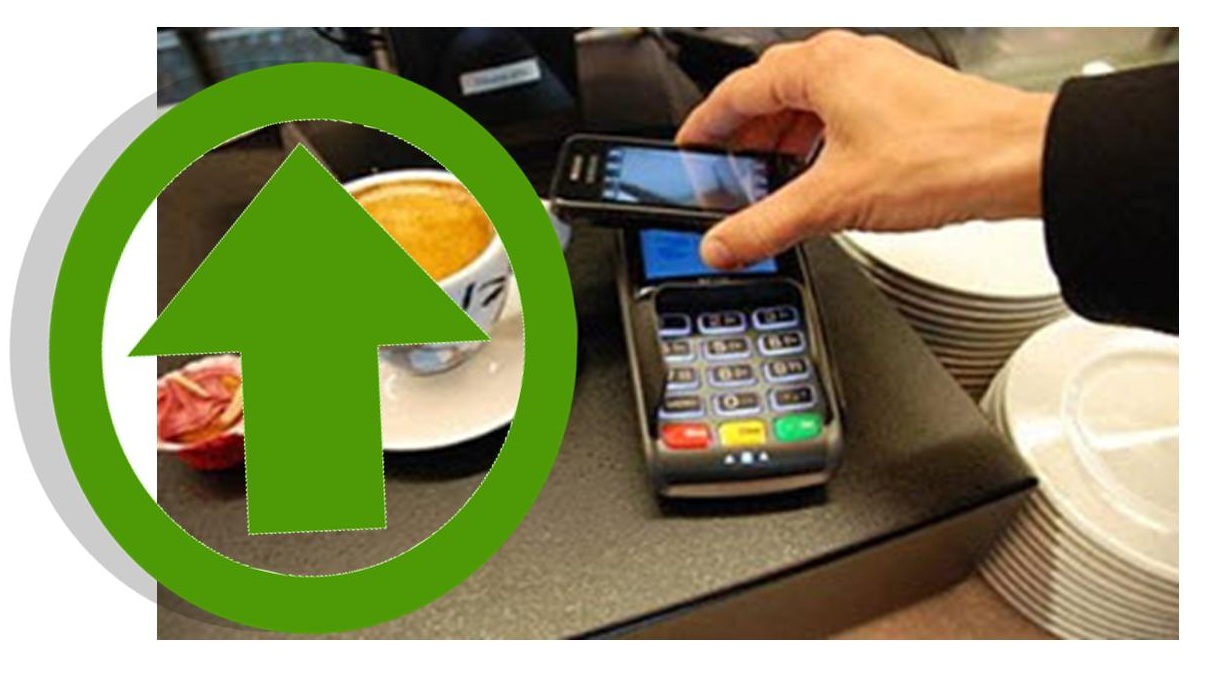 Mobile security continues to be high priority in government
Mobile security continues to be high priority in government
As the world becomes more mobile, the adoption of mobile technology on the government level is becoming more prolific. In the U.S., the federal government has been reviewing the quality of mobile devices based on the Android operating system. For several years, Blackberry mobile devices have been the standard for government workers, largely due to their mobile security features and the fact that these devices can be locked down relatively easily in the event of a serious threat. While Blackberry has long been a favorite for the federal government, that is likely to change due to the favor of the Department of Defense.
Samsung Knox wins approval from DoD
Late last week, Samsung announced that its mobile security suite known as Knox has received the approval of the Department of Defense. This approval had initially been restricted to the Blackberry operating system, which the Department of Defense had considered the most secure mobile operating system available. According to the federal agency, Samsung’s Knox mobile security software is on par with the security that can be found on the Blackberry operating system. As such, Android devices may soon become readily available to government workers.
Blackberry may soon see strong competition
Mobile security has become a major concerning for the federal government. Mobile devices traffic a significant amount of sensitive information, all of which is highly valuable to hackers and malicious groups that would be interested in exploiting this information. With mobile security having a high priority in the federal government, diversity in mobile devices has been somewhat sparse on the government level.
Approval from agency may boost enterprise performance of Samsung Galaxy S 4
Samsung is making a major push into the enterprise market with its Galaxy S 4, which will equipped with the company’s formidable Knox mobile security system. The enterprise market has, for several years, been dominated by the Blackberry. Whether Android devices can succeed in this realm is unknown, but their performance in the market is likely to see a significant boost from the approval of the Department of Defense.
 NFC technology beginning to gain more traction in mobile commerce
NFC technology beginning to gain more traction in mobile commerce
NFC technology has begun to lose some of its luster with consumers in regards to mobile commerce, but that does not mean that the technology is going away any time soon. Though many consumers have reservations concerning the use of NFC technology in mobile commerce, NFC remains one of the cornerstones of mobile payments. The technology enables mobile devices to conduct transactions for goods and services and helped expose people to the concept of mobile commerce. Despite the importance of the technology, NFC-enabled mobile devices are still quite rare. This may soon change.
Study shows that more NFC-enabled devices are incoming
A new study from ABI Research, a leading market research firm, suggests that the number of NFC-enabled devices around the world will surpass 500 million in 2014. The study predicts that at least 285 million NFC devices will be shipped around the world this year, with heavy shipments being seen in large markets like the U.S. and some parts of the Asian Pacific. Mobile device makers are currently the strongest supporter of NFC-enabled devices and are expected to labor intensely to show that these devices can be useful, especially in the realm of mobile commerce.
Galaxy S III helps promote NFC and shed light on the challenges it faces
Currently, the most popular NFC-enabled mobile device is the Samsung Galaxy S III. This smartphone is equipped with NFC technology that has been lauded as an ideal way to share digital content among consumers. The fact that the smartphone can be used to participate in mobile commerce has received relatively little attention since its launch last year. The Galaxy S III has, of course, been used for mobile payments, but it also represents the challenges that device makers have with promoting the mobile commerce capabilities of NFC-enabled devices, namely raising awareness and encouraging consumers to actually pay for goods using their smartphones or tablets.
NFC technology may not be ideal for mobile commerce
The study from ABI Research shows that device makers are ready to embrace NFC technology, but mobile network operators may have more trouble supporting the technology and its use in mobile commerce. NFC technology has no inherent security features, as it acts simply as a transmission technology capable of sending and receiving digital information. Therefore, the security measures needed to keep consumers safe are the responsibility of device makers and mobile network operators. Network operators have, thus far, shown little interest in incorporating significantly more robust, and more expensive, security measures in order to support NFC technology.
 Mobile security continues to be high priority in government
Mobile security continues to be high priority in government
 NFC technology beginning to gain more traction in mobile commerce
NFC technology beginning to gain more traction in mobile commerce